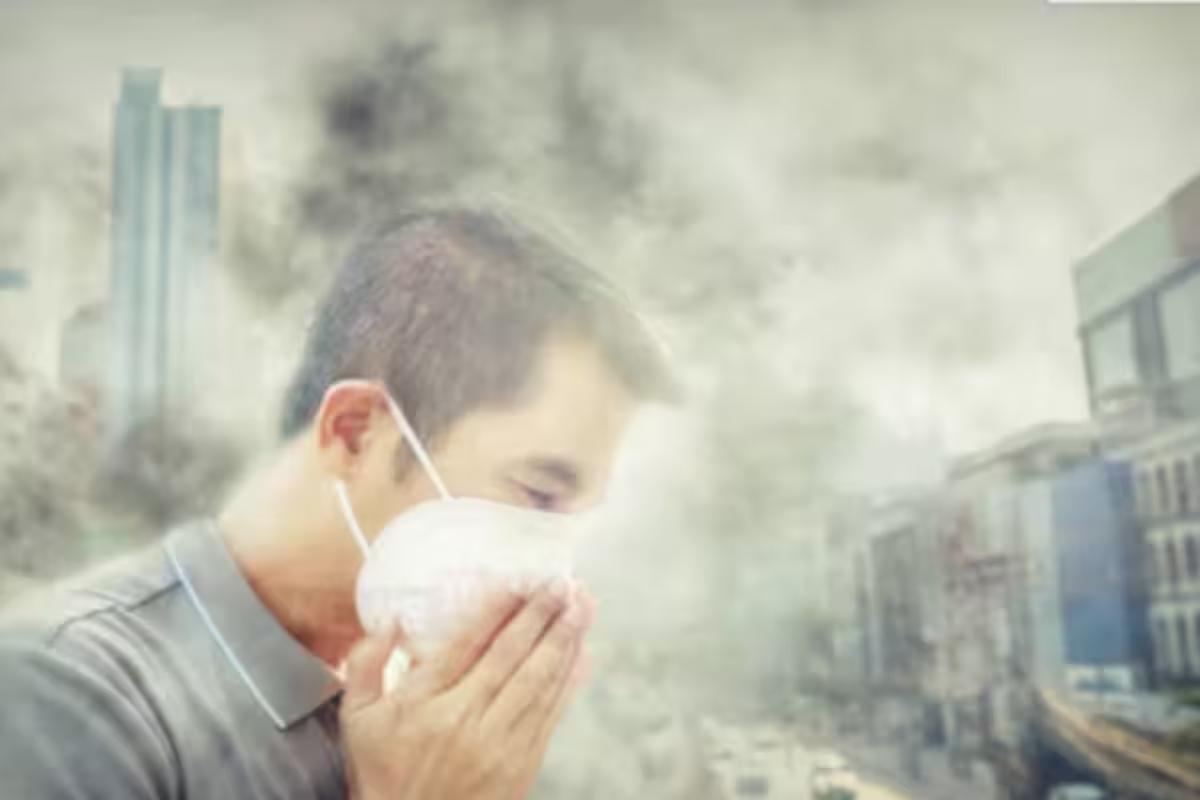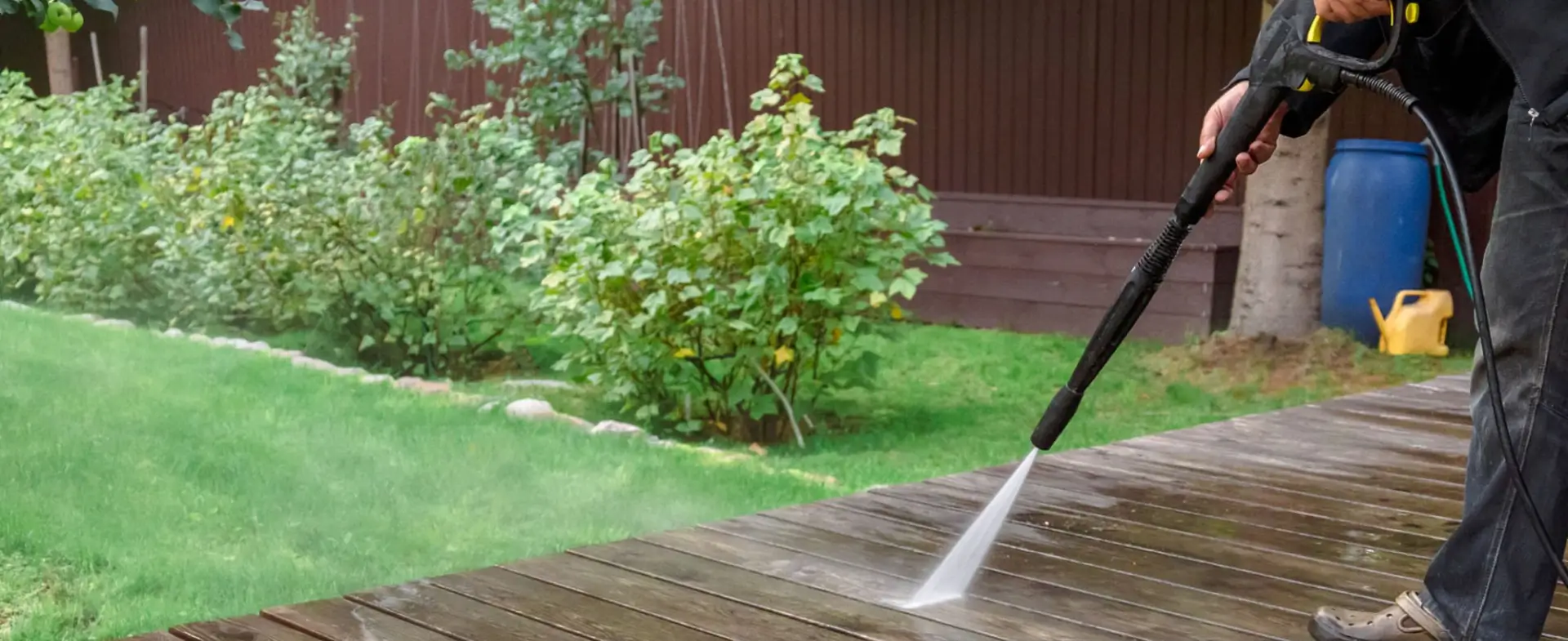Oct 24,2024

As air pollution levels continue to rise, especially in urban areas, the risks to respiratory health grow significantly. Experts in pulmonology are raising alarms and offering essential guidance on how to mitigate the adverse effects of polluted air on our well-being.
The Growing Threat of Air Pollution to Respiratory Health
Dr Vivek Nangia, Vice Chairman & Head of Pulmonology, Max Super Speciality Hospital, Saket, emphasizes that the deteriorating air quality demands immediate lifestyle adjustments, especially when it comes to outdoor activities. “The first step is to move away from the concept of morning walks,” he advises. During the early hours, smog levels tend to be at their peak, leading to poor air quality. He recommends indoor exercise as a safer alternative, or if one insists on walking outdoors, it should only be done when the sun is fully out, dispersing pollutants more effectively.
The Air Quality Index (AQI) has become a critical tool for determining when it is safe to venture outdoors. Dr. Nangia explains that once AQI levels cross 200, people with underlying respiratory conditions such as COPD, asthma, interstitial lung disease, or heart disease should avoid any strenuous physical activity. For the general public, this threshold is still a warning to limit intense outdoor activities. When AQI levels exceed 300, vulnerable individuals should stay indoors as much as possible, and if the AQI surpasses 400, it is advisable for everyone, regardless of health status, to remain indoors, treating it as an emergency situation.
Dr. Kuldeep Kumar Grover, Head of Critical Care & Pulmonology at CK Birla Hospital in Gurugram, echoes the concerns about the impact of pollution on respiratory health. “An increase in pollution can lead to a number of respiratory problems, including bronchitis, asthma, and other lung disorders,” he warns. Staying indoors during peak pollution hours—typically in the morning and evening—can help reduce exposure to contaminated air. Dr. Grover also suggests using air purifiers and keeping windows and doors closed to prevent harmful particles from entering the home.
Precautionary Measures for Protecting Lung Health
Both experts emphasize the importance of protective measures, especially for those who are vulnerable. Dr. Grover strongly recommends wearing masks, particularly N95 masks or similar, when stepping outside, as they are highly effective in filtering out hazardous particles. He adds that intense outdoor activities should be avoided in polluted areas since deep breathing can cause more pollutants to be absorbed by the lungs.
A healthy diet is another layer of defense against pollution. “Strengthen your immunity by eating a balanced, high-antioxidant diet that helps shield your lungs from harm,” Dr. Grover advises. Staying hydrated is equally important, as it helps keep the respiratory system moist and aids in clearing out pollutants. Those with pre-existing respiratory conditions should take their medications as prescribed, keep emergency inhalers on hand, and schedule regular check-ups to monitor their lung health.
Dr. Nangia also advocates for community-level interventions to reduce pollution exposure. He urges the planting of more greenery in urban environments to combat dust and recommends cutting down on the number of vehicles on the road, especially during peak traffic times. Carpooling and minimizing outdoor movement can make a significant difference. He also stresses that with the festival of Diwali approaching, certain types of firecrackers, such as Pujari, Anar, and Cherokee, emit high levels of pollutants. These should be avoided entirely, as they exacerbate air quality issues, sometimes pushing emissions beyond what is considered tolerable by WHO standards.
The Role of Vaccinations in Pollution-Prone Seasons
As the pollution levels rise, so does the risk of respiratory infections, particularly during flu season. Vulnerable groups are advised by Dr Nangia to consider taking the flu vaccine. This not only helps protect against influenza but also reduces the strain on already compromised respiratory systems caused by high levels of pollution.
In conclusion, as air quality continues to decline, it is critical to take both individual and community-wide measures to protect respiratory health. By adjusting daily routines, wearing protective gear, maintaining indoor air quality, and being mindful of AQI levels, we can minimize the harmful effects of pollution. Additionally, adhering to medical advice and fostering awareness around reducing pollutants can help mitigate the broader impact on public health.
.svg)
